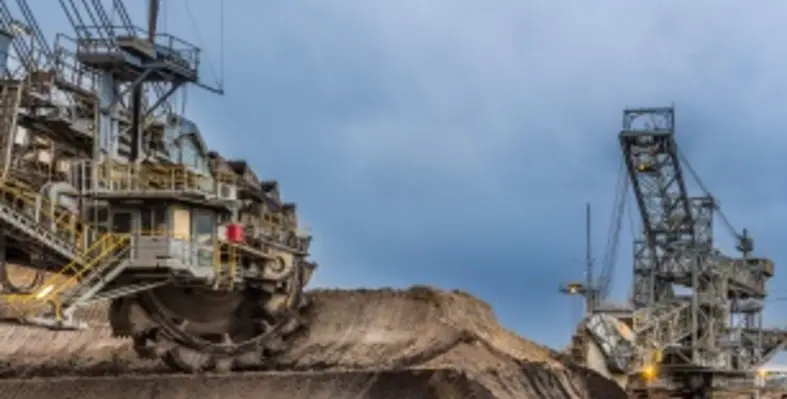The energy industry?s shift from fossil fuels to wind-and solar-powered electricity and rechargeable batteries is drawing attention to the sustainability of the mining and minerals sector by creating demand for other raw materials in the earth?s crust
Scope Ratings says the catch is that the environmental, social and governance (ESG) challenges that the industry faces remain little changed. The development of mines, processing plants, ports, and transportation infrastructure in sensitive areas can destroy natural landscapes and habitats, disrupt sensitive ecosystems, and divert scarce water resources to the detriment of local communities while creating significant amounts of pollution. Metals are often extracted from crushed ore using toxic chemicals.
Tommy Tr?sk, analyst at Scope, said, ?The challenge for governments, regulators and investors is that the sector plays a critical role in the energy transition by producing the very metals and minerals that society needs to make the transition a reality.? The International Energy Agency has just warned that soaring metal prices might delay the energy transition by making vital commodities unaffordable without heavy investment in safe and secure new mines to increase supplies.
New technologies, digitalisation and mine mechanisation are bringing productivity and efficiency gains to the mining process, including a reduction in the consumption of power, water and chemicals, as well as safety improvements.
?This all feeds through to credit quality, low costs, large size and diversity from constant reassessment of a company?s asset portfolio help ensure that capital is invested in the right projects at the right time,? Tr?sk added.
Minimising the environmental footprint of a mine or processing plant is also important since many buyers of metals measure their indirect environmental footprint called ?scope 3? category and may be unwilling to procure products that are produced in an environmentally harmful way. Pressure is also growing for investors and financiers to shun companies with questionable environmental credentials.
Poland, one of the dwindling groups of European economies still heavily reliant on coal, has just agreed to eliminate use of the fuel by 2049. Mining company Anglo American PLC has decided to demerge its South African coal-mining assets to separate its main activities from what could turn out be stranded assets in the future.







